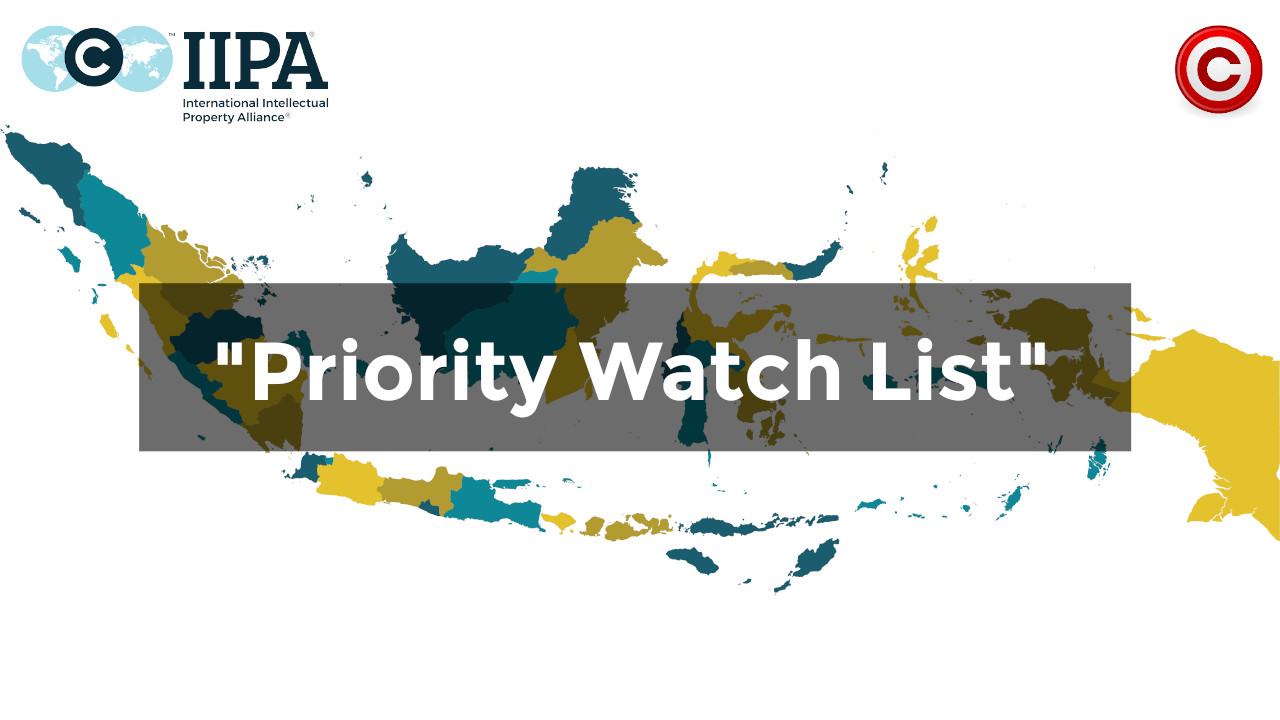Indonesia Remains In The Priority Watch List Insurmountable Issues Concerning Intellectual Property
May 21, 2025

Jakarta: Indonesia still has many serious issues to overcome in the field of intellectual property to get out of the Priority Watch List (PWL). As of this article's writing, Indonesia has been categorized under the PWL for 16 consecutive years.
According to the press release by the United States Trade Representative (USTR), released on April 29, 2025, the PWL status indicates that Indonesia still has underlying issues that it must overcome regarding the enforcement, protection, and market access of United States Intellectual Property in the Indonesian market, along with problems in the legal system of Patents and Copyright.
The USTR is of the view that Indonesia still lacks effective law enforcement to protect against piracy, and counterfeiting continues to be widespread in the country. The production of counterfeit goods in the country is also increasing, with sales now moving to the online market or through the internet.
The press release also mentioned that the approval for foreign companies to market medicines is contingent on technology sharing with Indonesian entities. In October 2024, Indonesia enacted a new Patent Law, which reflects amendments made through Omnibus Law No. 6 on Job Creation. The law, among other things, changes the requirement for patents to be worked on in Indonesia to meet the criteria through importation or licensing.
However, the Patent Law mentions a new requirement for patent holders to make a statement regarding the exercise of their patents at the end of each year. Furthermore, the new Patent Law does not explicitly dictate on how right holders should fulfill this requirement and the potential penalties for non-compliance.
The new Patent Law also expanded the scope of patentable products and technologies and clarified the patentability of inventions implemented through computers. However, the Patent Law fails to address existing issues. It raises new issues on how applicants can comply with the disclosure requirements for inventions related to traditional knowledge and genetic resources.
In the USTR press release, Indonesia maintained its position at the PWL level along with eight (8) other countries: Argentina, Chile, China, India, Mexico, Russia, Venezuela, and Indonesia. This year marks the 16th consecutive year that Indonesia has been grouped into the PWL.
The USTR also highlighted ineffective law enforcement at the border and ineffective law enforcement in deterring intellectual property infringers.
According to the USTR, the stakeholders have voiced their concerns and believe that the Copyright Law of Indonesia is worth considering.
Copyright piracy through device and application piracy, according to the USTR, continues to be widespread. Stakeholders reported that Indonesia has one of the highest music piracy rates in the world, and domestic piracy websites and services have surged in popularity, whereas law enforcement against piracy remains limited. These problems and issues have not been fully addressed, making it difficult for Indonesia to exit the PWL. (JPK/MGK-su)

